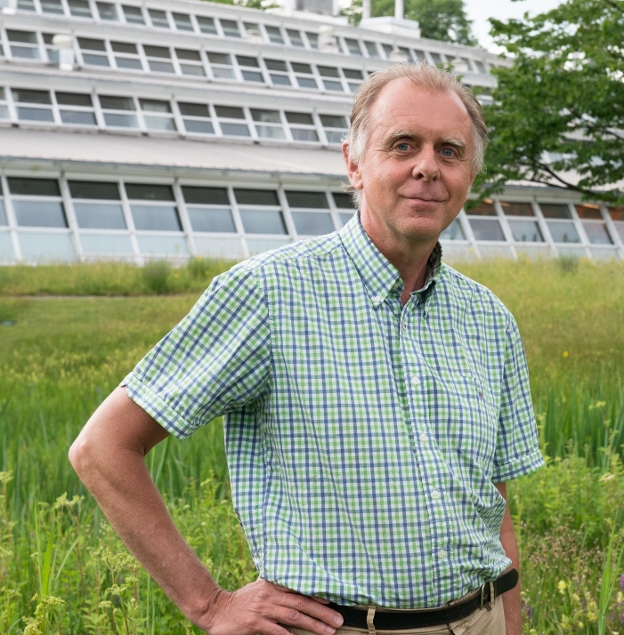Cookies
Van Hall Larenstein treats its customers' information with the utmost care and will never make this information available to third parties. Read more about us Privacy and Cookie Policy

The applied research group in Regional Transitions towards Circular Agriculture is focused on achieving circular agriculture at both the farm and regional level. The agriculture sector is facing some serious challenges: reducing greenhouse gases and nitrogen compounds, restoring biodiversity (including soil biodiversity), and improving water quality and availability. Successfully addressing these challenges will depend on issues such as economic viability, food security, public health, landscape quality and social values. The response calls for new business and revenue models, organisational structures and regulations.
Farmers, suppliers, consultants, researchers and students are working on and experimenting with different types of circular agriculture. Together, they’re trying to design production systems that are both economically and ecologically sound, and a food system that produces valuable and valued food (Ministry of Agriculture, Nature and Food Quality, 2019). Keeping nitrogen (N) and phosphate (P) losses within the agricultural cycle will reduce emissions. In partnership with researchers, they are working to achieve better energy efficiency, for example by connecting arable farming, livestock farming and horticulture, energy-efficient processes, contributions to energy production, energy cycles and capturing carbon in soils, and biomass/trees.
Through Living Labs, projects are being set up in which students, researchers, agricultural enterprises and other stakeholders work together in regionally focused ways to design circular agricultural systems. The aim is to learn and innovate together and work towards an economically, ecologically and socially responsible food system (production, processing, trade and consumption). The applied research group does this by linking with the experimental spaces designated by the Ministry of Agriculture, Nature and Food Quality (LNV) in the Achterhoek, Twente and northern Netherlands regions.
The applied research group is mainly focused on the Netherlands, but also works with the private sector to share Dutch expertise with the wider world. It does this through its participation in the European University Alliance for Innovations in Regional Sustainability, with partners from Greece, Bulgaria, Slovakia and Finland. We’re also actively involved with a Living Lab in Maharashtra, India.
Everything published by the applied research group on Regional Transitions towards Circular Agriculture can be found on Greeni, the online library for the green universities of applied sciences.
Rik Eweg studied Spatial Planning at Wageningen University. His PhD research was on the application of geographical information systems in foresight studies. He then worked at Wageningen as a project leader at the Geo-Information Centre and as a postdoctoral researcher at the C.T. de Wit Graduate School for Production Ecology. From 1998 to 2006 he was an alderman for the municipality of Wageningen where his portfolio included Spatial Planning, Nature & Landscape, Environment, and the Knowledge Economy. He was also a board member for the Vallei and Eem Water Board and for Eskan, a regional economic development entity for the Arnhem-Nijmegen area. From 2006 he worked as a project director at the TransForum Agro & Groen innovation programme. From 2012 to 2020, he was a professor of Sustainable Agribusiness in Metropolitan Areas and a lead professor for various research groups at Van Hall Larenstein University of Applied Sciences.

The core members of the knowledge network are:
If you have any questions about the applied research group, please email [email protected]